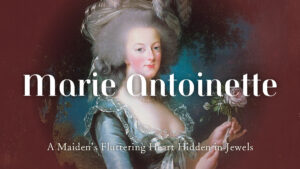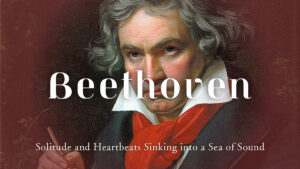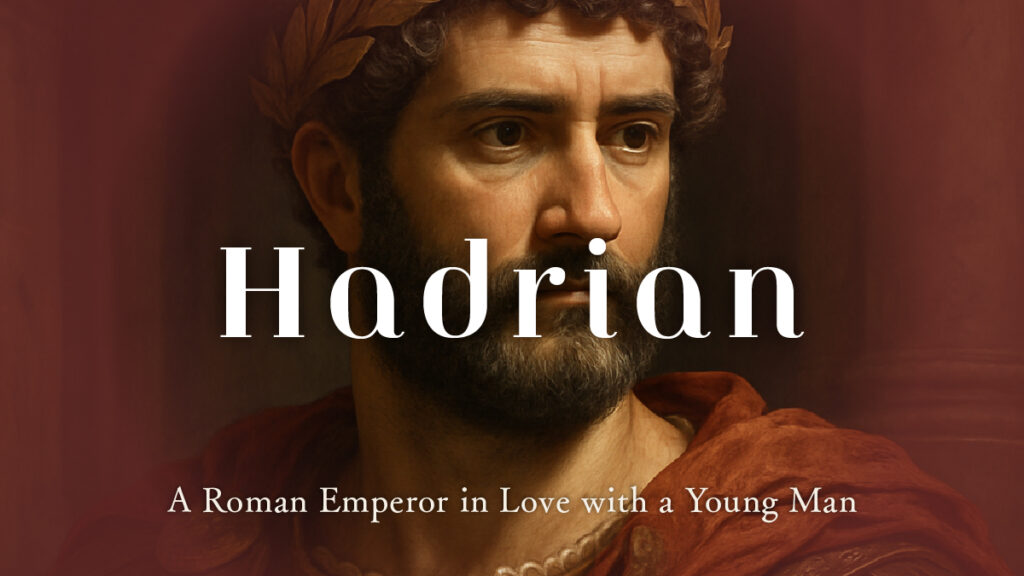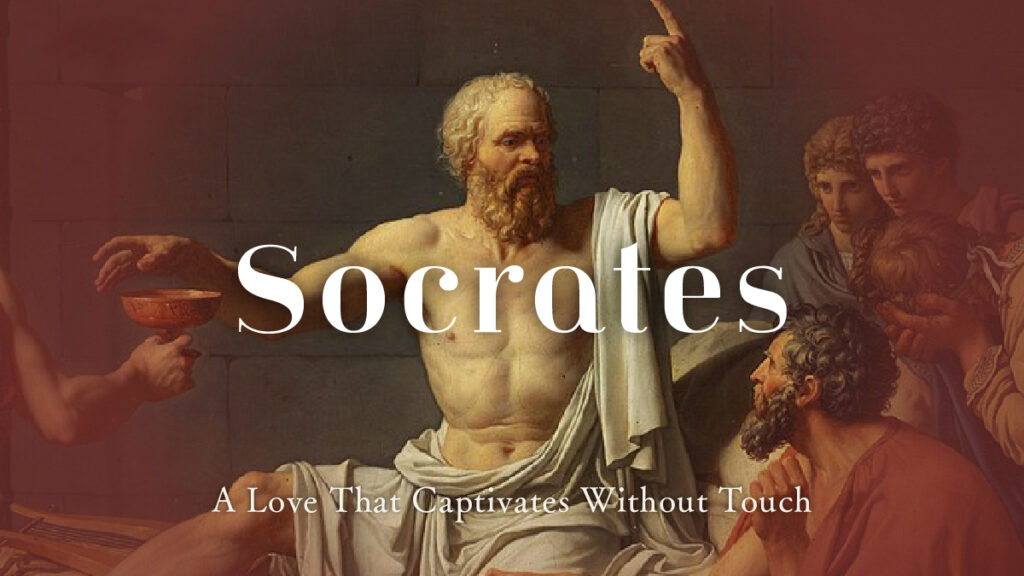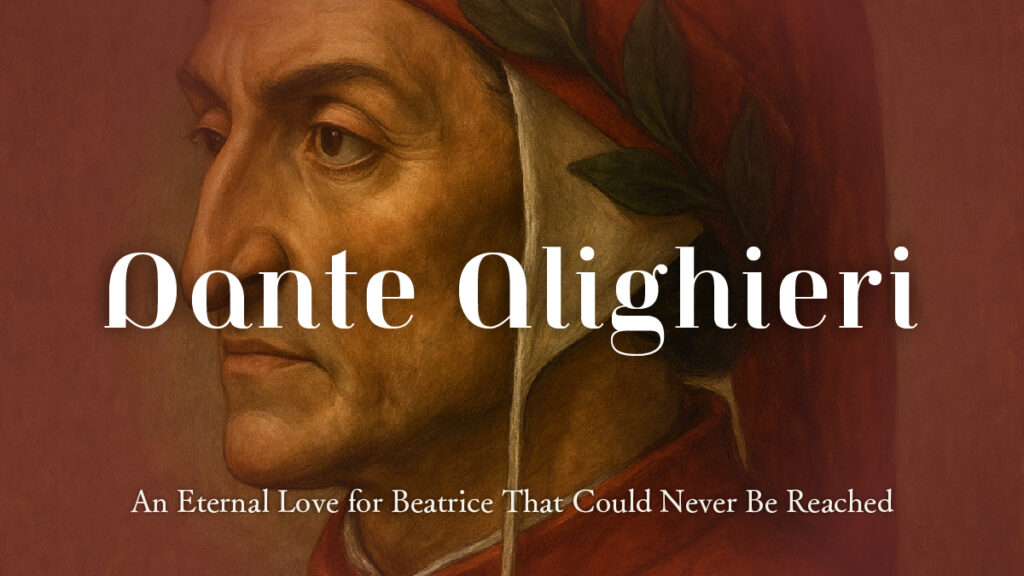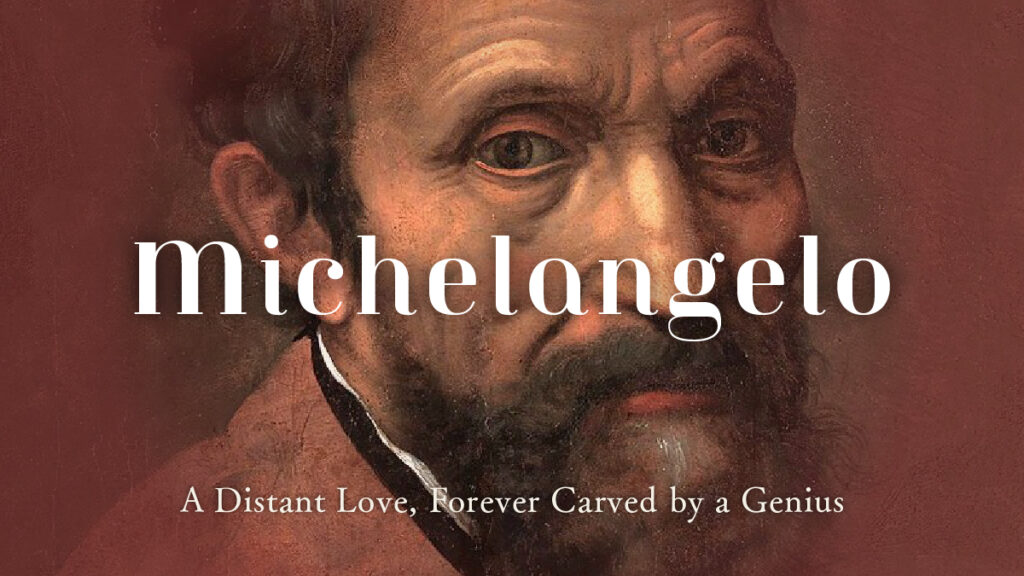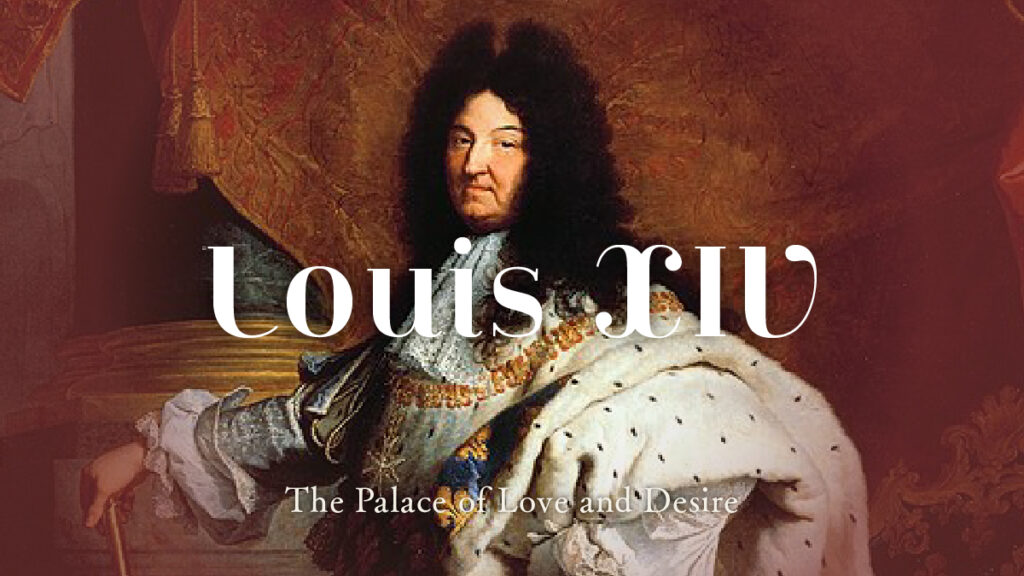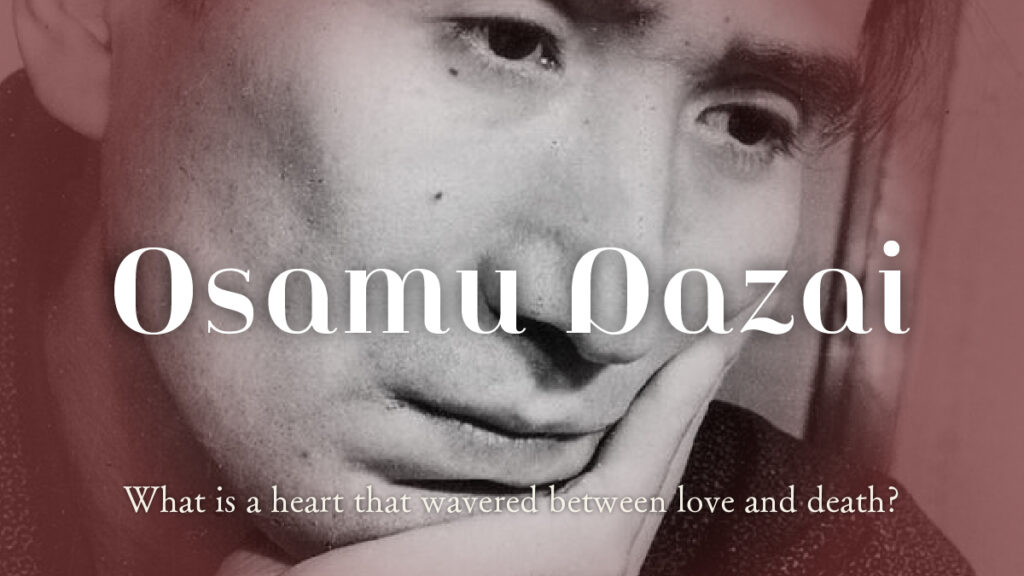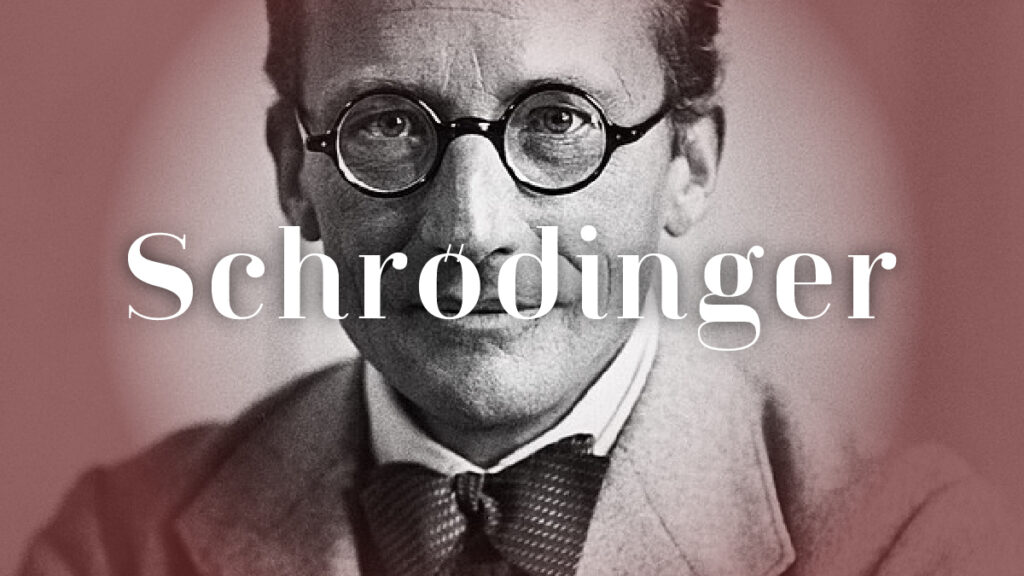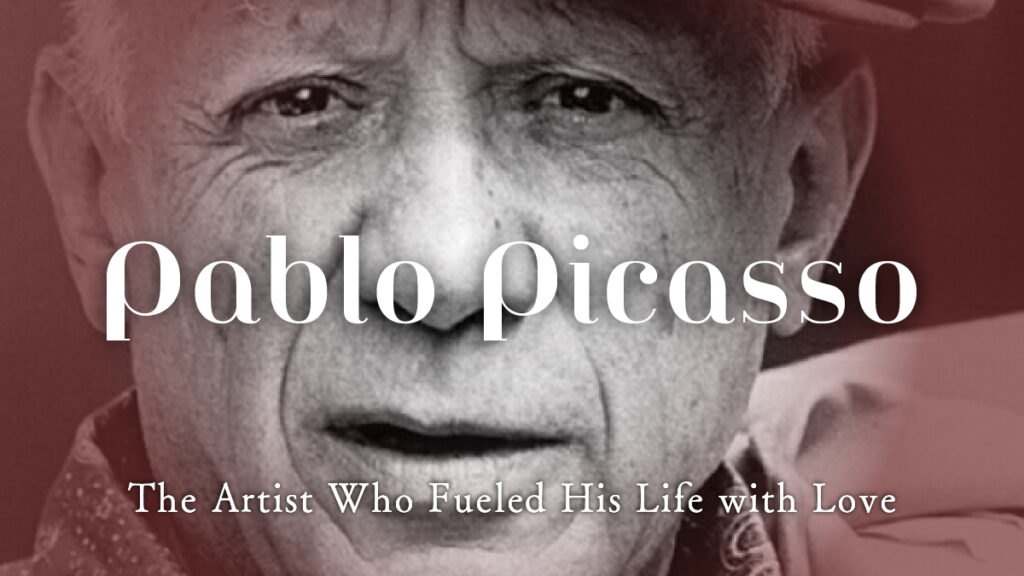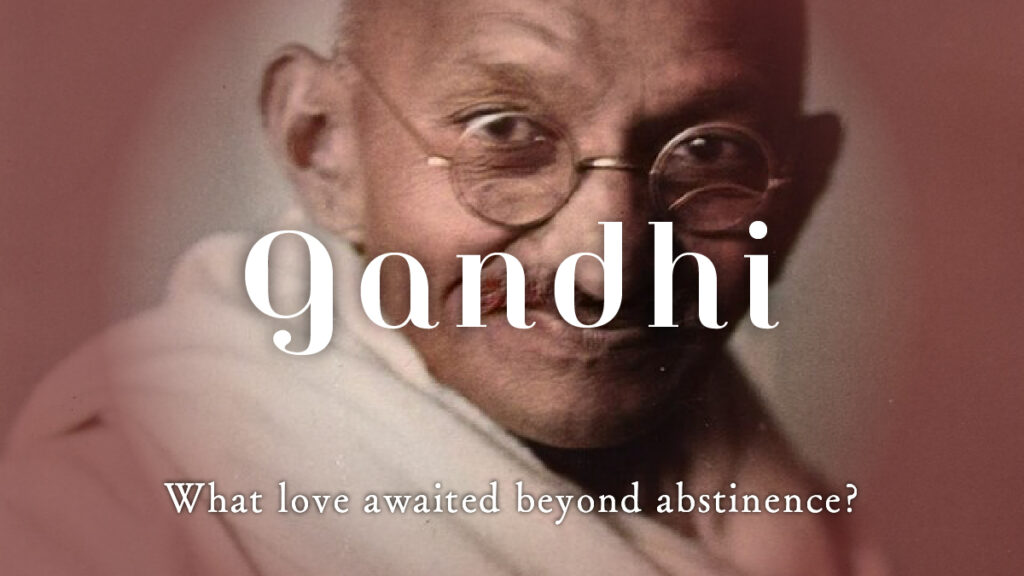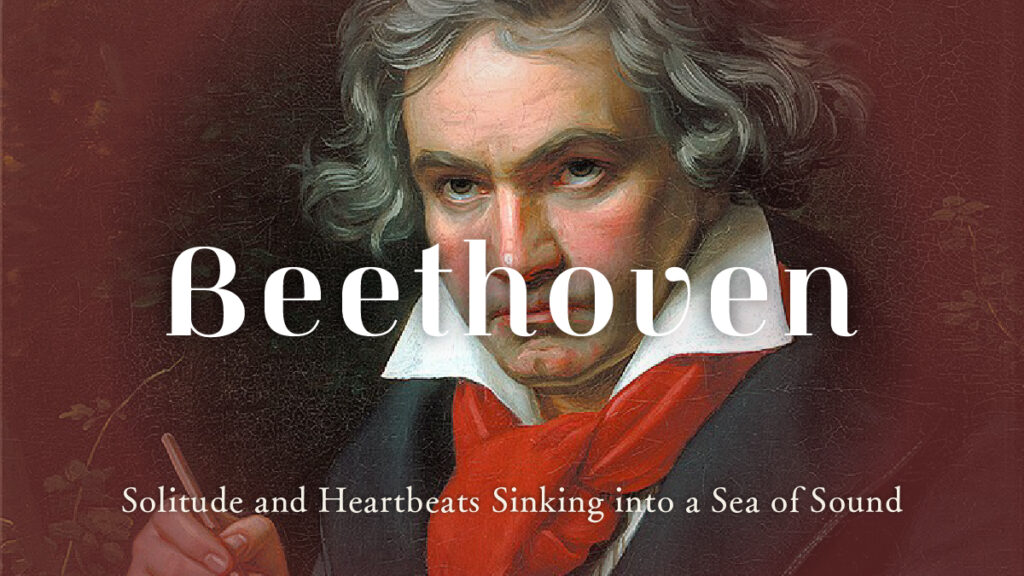Joseph II’s View of Love|What Devotion Hid Behind the Enlightened Emperor’s Reforms?
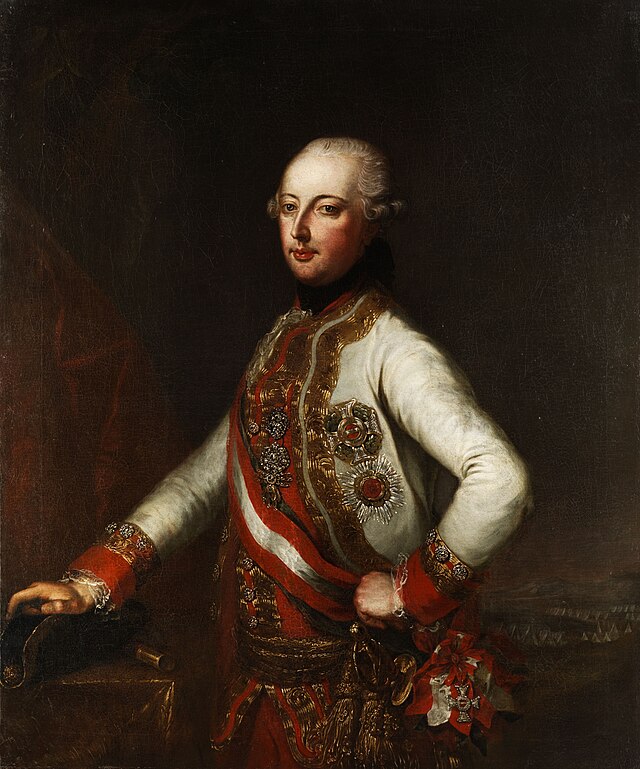
Joseph II, Holy Roman Emperor.
Few monarchs in 18th-century Europe embodied such passion and contradiction in equal measure.
As an enlightened despot, he relentlessly pursued reforms—abolishing serfdom, promoting religious tolerance, and restructuring administrative systems. Moved by reason and ideals, he presented the perfect portrait of a cold, calculating statesman.
But when we only skim the surface of history, we miss the deeper truths.
What burned within his chest, as fiercely as his ideals—and far more untamable—was the love of a young man.
That fire sometimes sustained him, and sometimes consumed him.
Let us peel back the layers of this reformist emperor to discover a hidden tale of love.
Born Into a Palace of Marble
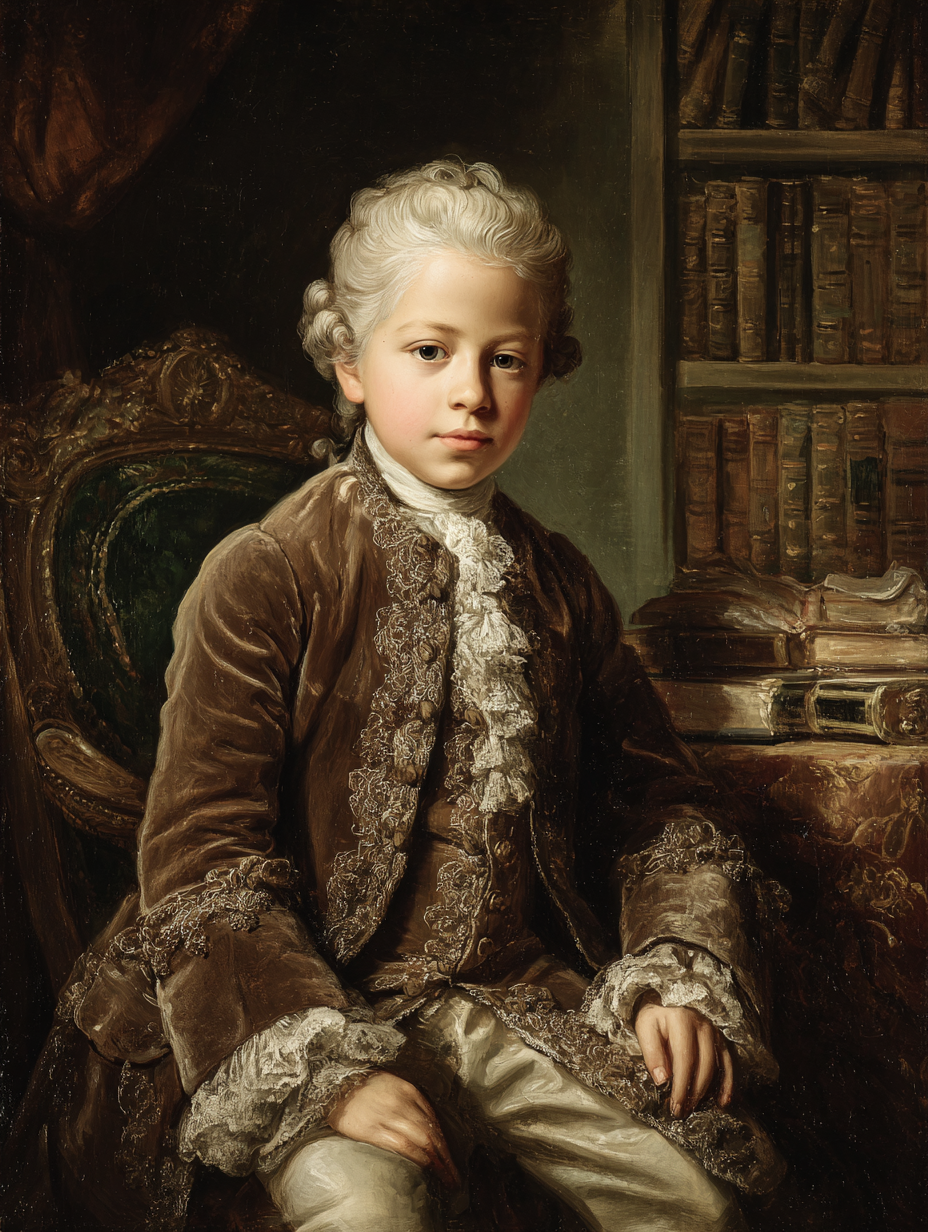
The Shadow of Maria Theresa
In 1741, in Vienna, Joseph was born into the House of Habsburg, destined to bear its imperial glory. His father was Emperor Francis I, and his mother, the formidable Empress Maria Theresa.
He had 15 siblings—yes, including Marie Antoinette, who would one day marry into the French court.
Maria Theresa, a woman of iron will and radiant charisma, prioritized “the order of empire” over warmth and affection. To Joseph, she was less a source of maternal comfort and more a symbol of rule and instruction. Her stern voice may have been more familiar to him than any lullaby.
Raised in such a household, the young boy came to know the word “loneliness” far too early. It is said that even in childhood, his eyes held a strangely adult sorrow.
Solace in Books and Solitude
Though he lived among the splendor of palaces, Joseph’s truest companions were books.
Military theory, legal doctrine, theology—he devoured them all, etching into himself a sense of imperial duty before his teenage years were over.
He never took naturally to socializing. His mother repeatedly urged him to “be more sociable.”
But to Joseph, books never betrayed him. They quietly gifted him wisdom, unlike the unpredictable hearts of men. Such is the logic of a young boy.
When he paused from turning pages, the gaze that flickered across his face seemed to hold the heavy weight of his fate as a prince and the quiet yearning of a boy.
And in that narrow space, his heart may have been in constant ache.
A First Love That Stirred a Young Heart
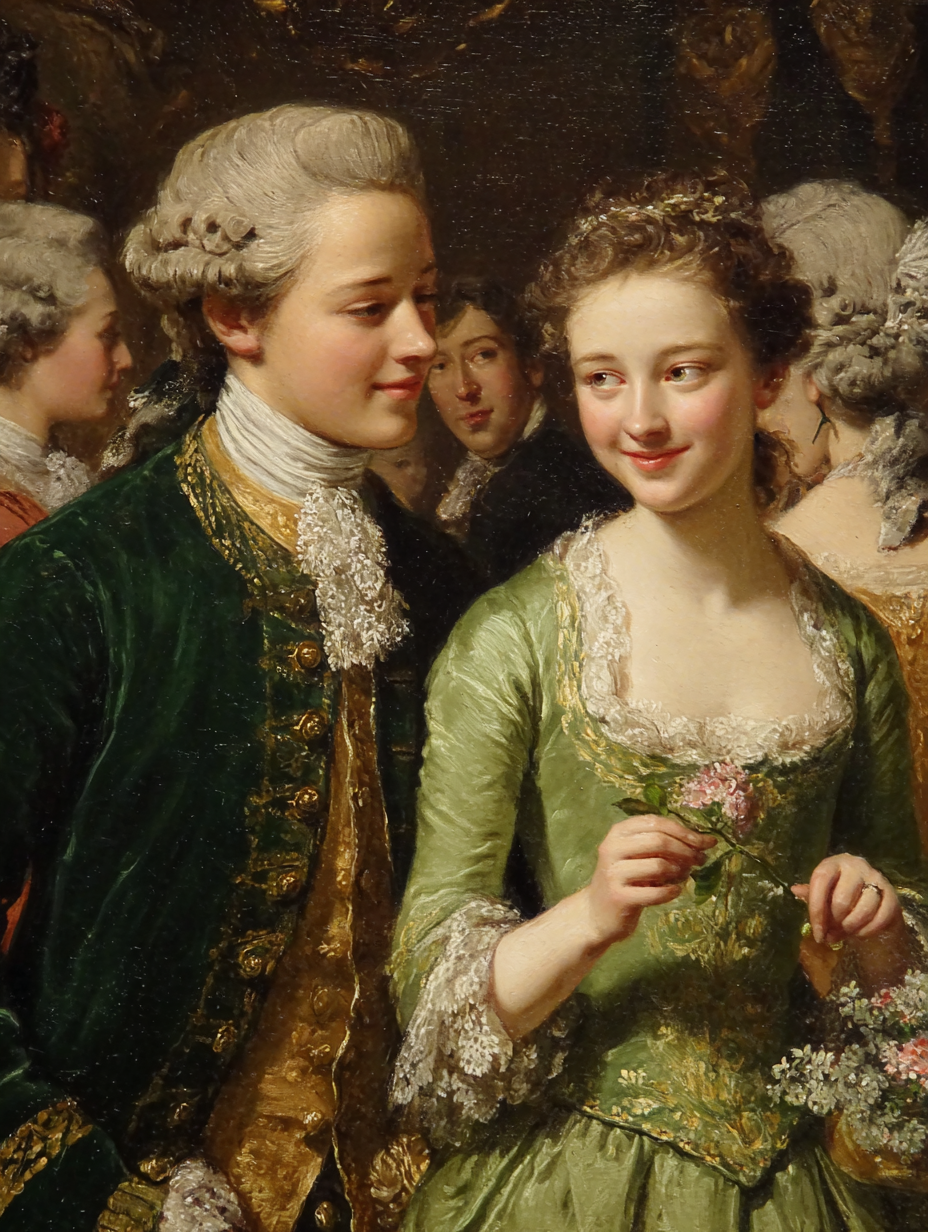
Meeting Annie
At the age of eighteen, Joseph’s heart was said to have been captured by a young woman named Annie Korllath.
Though from a noble family, she bore none of the court’s usual flamboyance. Her grace was simple, unadorned. Some say she even served as a lady-in-waiting at court.
She was only sixteen—a girl who looked more at home among wildflowers swaying in the wind than in silk gowns. Amid the glittering crowd, her unpretentious smile stood out sharply in Joseph’s eyes.
They eventually exchanged words, drawing closer with ease.
Her smile lightened his burdens. Her cough stabbed at his chest.
That simple, straightforward kind of love—known to anyone who’s ever fallen—may have struck Joseph for the first time.
A Forbidden Feeling
Yet from the very beginning, their romance was overshadowed.
Annie was deemed unfit to marry into the imperial family. The court’s gaze turned cold. And Maria Theresa’s judgment was colder still:
“A marriage with that girl would bring no benefit to the state.”
Love was severed in an instant by the blade of politics.
Still young, Joseph had no means to defy his mother’s will.
And so, his first love carried the scent of loss from the start. That pain would come to twist his understanding of love in profound ways.
“The purer the love, the more brutally it is torn apart by politics.”
Perhaps that bitter truth was carved into the young crown prince’s heart.
Between Love and Politics
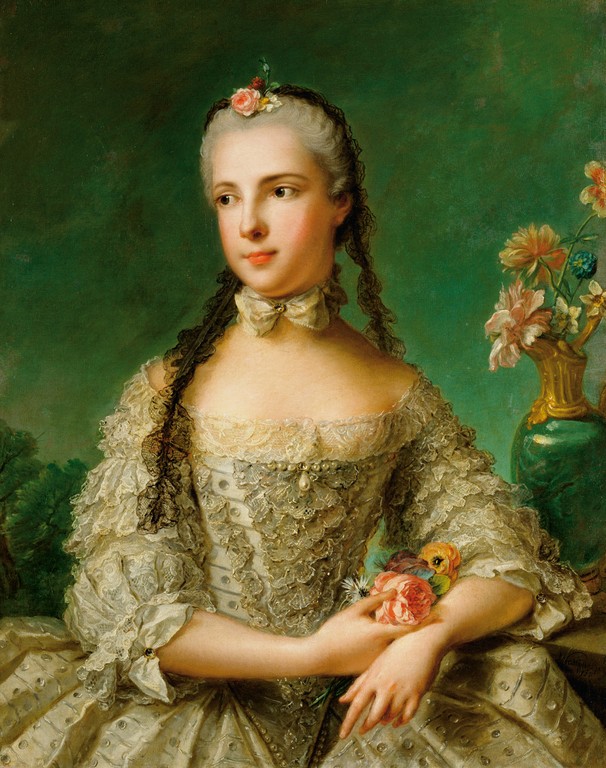
A Too-Short Marriage with Isabella
In 1760, at the age of nineteen, Joseph was married.
His bride was Isabella of Parma, an eighteen-year-old princess of the Spanish Bourbon line.
She was unlike the perfumed noblewomen who filled the imperial court.
She didn’t laugh at forced jokes, and when making a decision, she trusted her own instincts rather than reading the room.
In her eyes, Joseph saw the same shadow of loneliness he carried within himself.
He was drawn to her immediately.
They would stay up late in the study, speaking over open books.
They discussed philosophy, debated religion, and sometimes laughed over childish jokes.
For Joseph, who had to wear the mask of a crown prince every day, the moments he shared with Isabella were the only times he could breathe as a simple young man.
Their joy only deepened when their first daughter, Maria Theresa, was born—a moment that awakened him to fatherhood.
But the season of happiness was painfully brief.
In November 1763, while pregnant with their second daughter, Isabella contracted smallpox and gave birth prematurely.
The infant lived for only two hours. Joseph cared for Isabella desperately, but his prayers went unanswered.
A few days later, she passed away at the age of twenty-one.
Having lost both his wife and newborn within days, Joseph sank into despair.
Some say that the “cold emperor” we remember today was seen weeping uncontrollably in a dark corner of the palace.
A Second Marriage of Duty
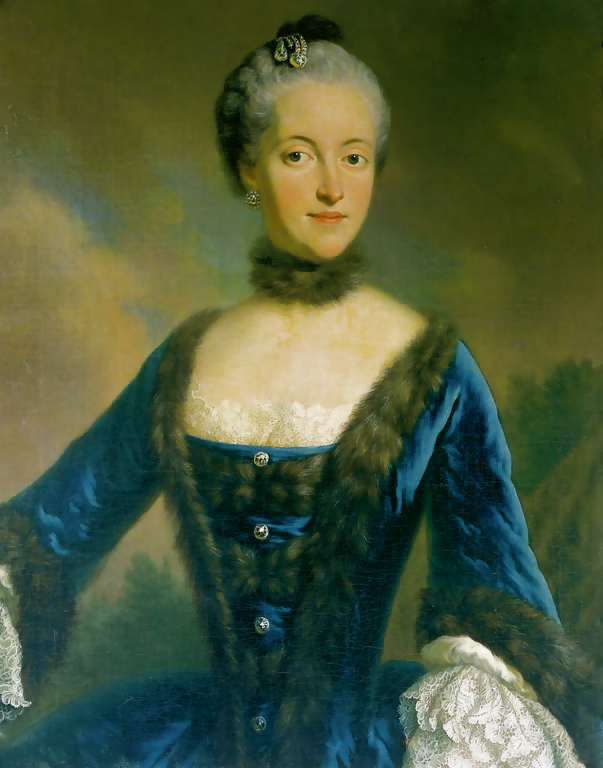
Maria Josepha, the Unloved Wife
Less than two years after Isabella’s death, Joseph was forced into a second marriage by his mother, Maria Theresa.
His new wife, Maria Josepha of Bavaria, was a nineteen-year-old pious and gentle woman.
She cared deeply for her husband, but Joseph’s heart remained shackled to Isabella.
He even spoke harshly of Josepha’s appearance and demeanor, shocking those around him.
His sister, Maria Christina, once wrote,
“If I were married to my brother, I would not be able to endure it.”
There was no warmth in the marriage, and their relationship was a quiet tragedy.
Joseph found solace only in his daughter Maria Theresa from his first marriage.
But she, too, was frail and died at just eight years old.
Having lost his wife, second daughter, and now the one child in whom he had pinned his hopes, Joseph grew even more estranged from the notion of “family.”
In 1767, Maria Josepha succumbed to smallpox.
While her mother-in-law visited her sickbed, Joseph kept a cold distance.
She passed away in May, at the age of twenty-one, and Joseph did not attend the funeral.
What remained was not the story of a loving couple, but a marriage forged for politics and dissolved without ever warming.
The Fire of Politics, the Thirst of Love
After ascending to the throne in his thirties, Joseph embraced reason with ruthless devotion.
He abolished serfdom, issued edicts of religious tolerance, and closed monastic institutions—bold reforms meant to free his people.
But they came too fast, and backlash followed.
By day, he was aflame with rational ideals.
By night, he was scorched by loneliness.
His hand never trembled as he signed documents, but his eyes, when lying in bed, always stared far into the distance.
After Maria Josepha’s death, Joseph never remarried.
Partly because his heart still bore the wound of Isabella, and partly because he no longer had a political need to.
His younger brother Leopold was a reliable successor, his mother was still alive, and his siblings—Maria Antoinette among them—had already fulfilled the dynasty’s needs through strategic marriages.
Yet, living with emptiness was no easier.
Joseph took lovers from time to time—ladies of the court, or perhaps educated women from Vienna’s intellectual circles.
But none of these relationships lasted. They were flickers, not flames.
Faint lights that momentarily warmed the shadows within.
What truly lingered in his heart were the smile of Annie from his youth, and the voice of Isabella—gone too soon, like a brief spring.
“Love cannot be conquered like a nation.”
Even as he came to understand that truth, Joseph remained trapped between logic and loneliness to the very end.
The Emperor, Sinking with Illness
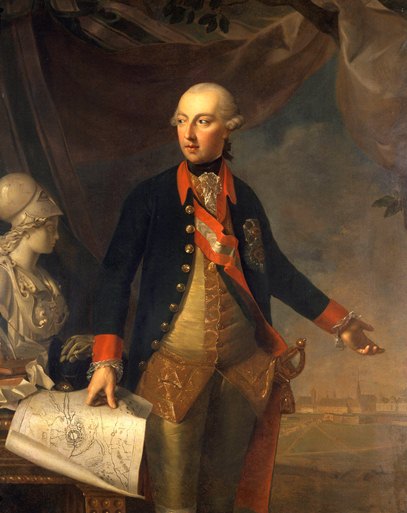
Stricken by lung disease
By his mid-forties, Joseph was suffering from tuberculosis.
He continued issuing orders by day, but at night, he coughed relentlessly, unable to sleep from the pain.
His enemies multiplied.
His ideals began to collapse.
The once-praised “Enlightened Despot” was slowly swallowed by isolation.
On sleepless nights, it’s said he would often open a desk drawer—
Inside was a letter Isabella had written just before her death.
The paper had yellowed. The ink had faded.
But when he traced the line, “I love you,” with his fingertip, he would close his eyes, as if escaping his illness, just for a moment.
A “letter that would not fade.”
It was the last comfort of a man who had lost love again and again.
On those lonely nights, it was still Isabella who lived in his heart.
His Final Hours
In 1790, Joseph II passed away at the age of forty-eight.
Only doctors and attendants were present at his deathbed.
Most of his siblings were already married off across Europe—no close family remained at his side.
“It was only those few years that I was truly happy.”
He is said to have whispered those words.
And if that’s true, then what he clutched in his heart until the end was the fleeting happiness he had shared with Isabella in his youth.
What was Joseph II’s view on love?
If one were to describe Joseph II’s love life in a single phrase, it would be:
“Love that burned out in an instant.”
His first love was torn away.
His second marriage was loveless.
And yet, in those brief days with Isabella, all the joys and sorrows of love were concentrated.
That time burned so brightly that he could never light another flame again.
Even in his final years, he kept Isabella’s letters by his side—perhaps proof enough of that truth.
He had changed the laws of an empire, closed monasteries, freed the serfs—
But the phantom of one woman who lived in his heart could never be exiled.
On the political stage, he was a reformer.
In the realm of love, he was unfulfilled.
And yet, the purity he clung to may have been more precious than any medal the empire could bestow.
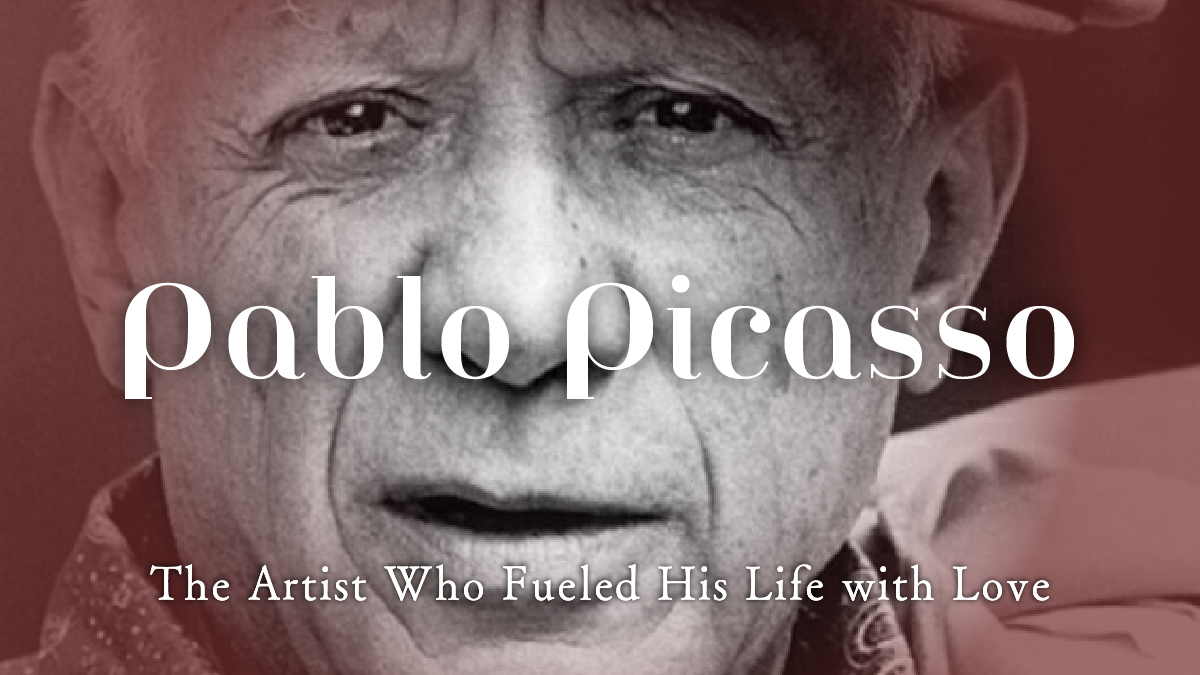
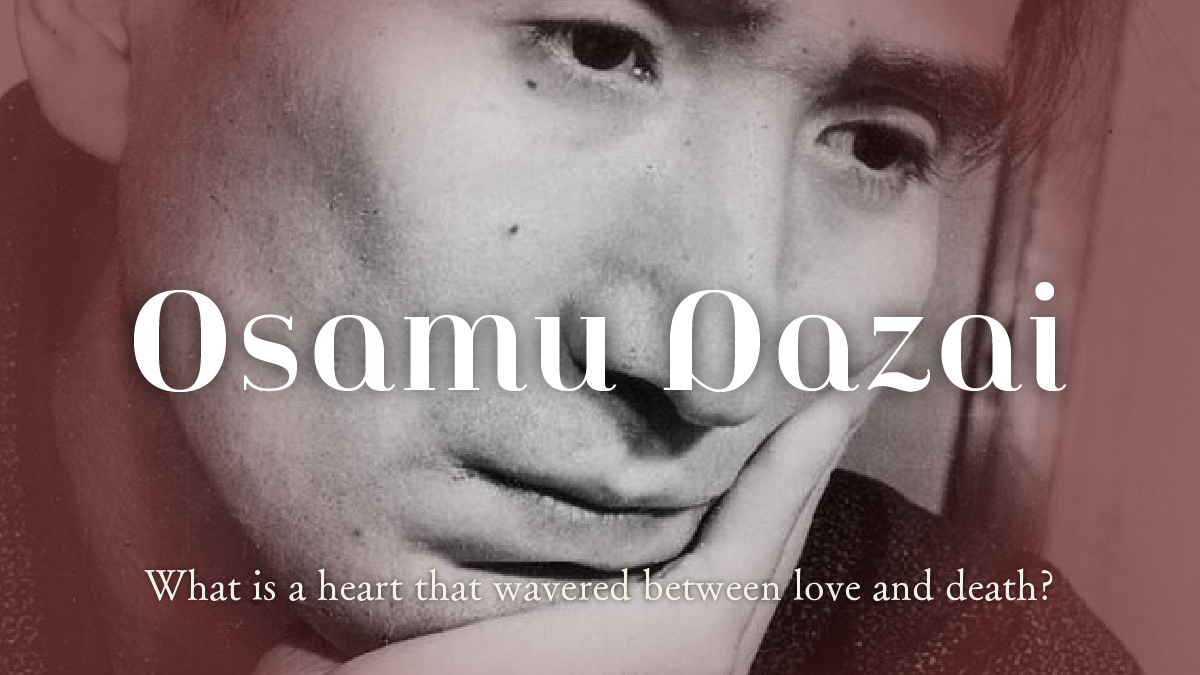


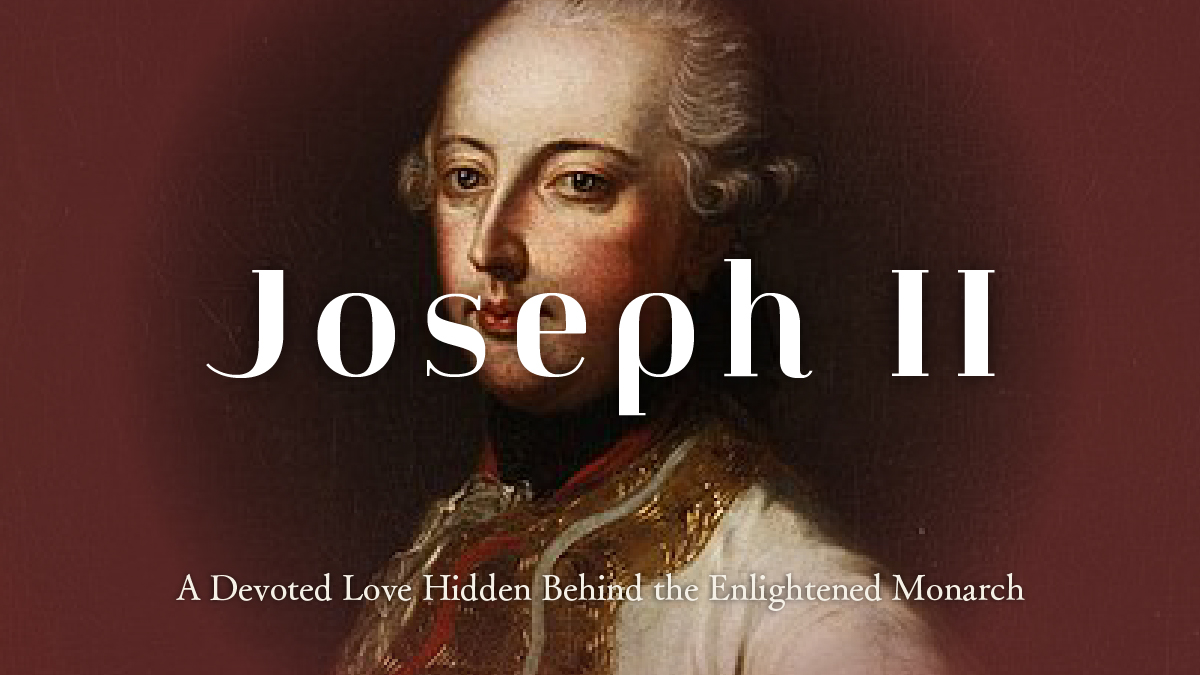
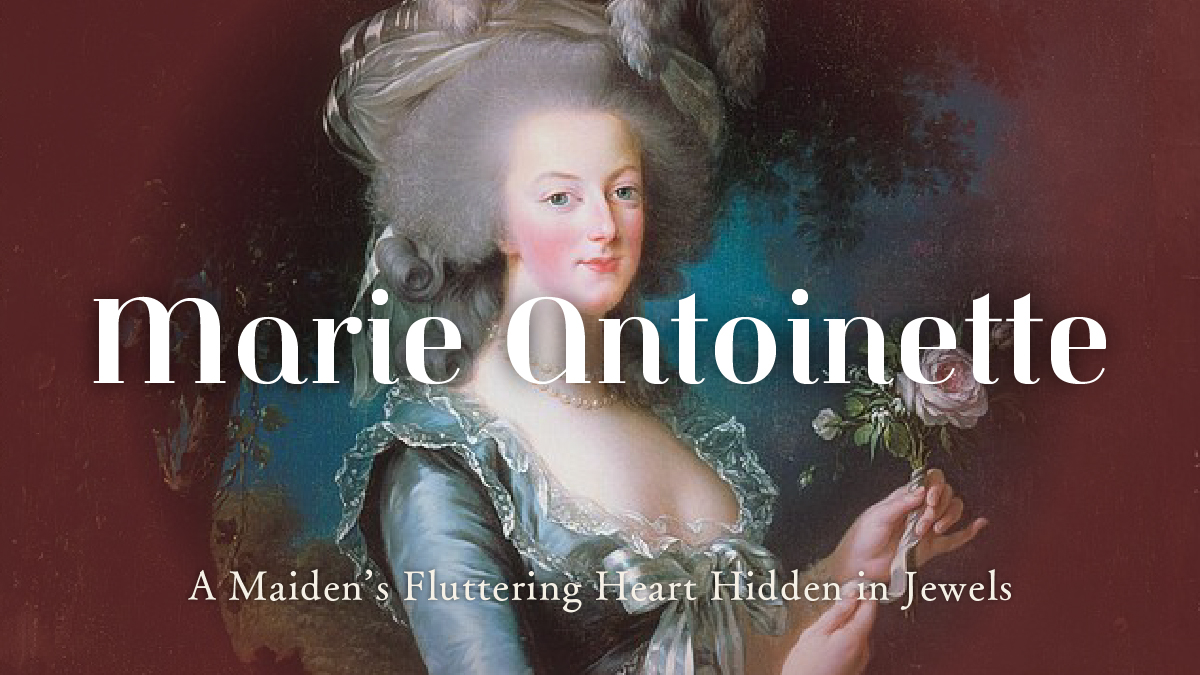
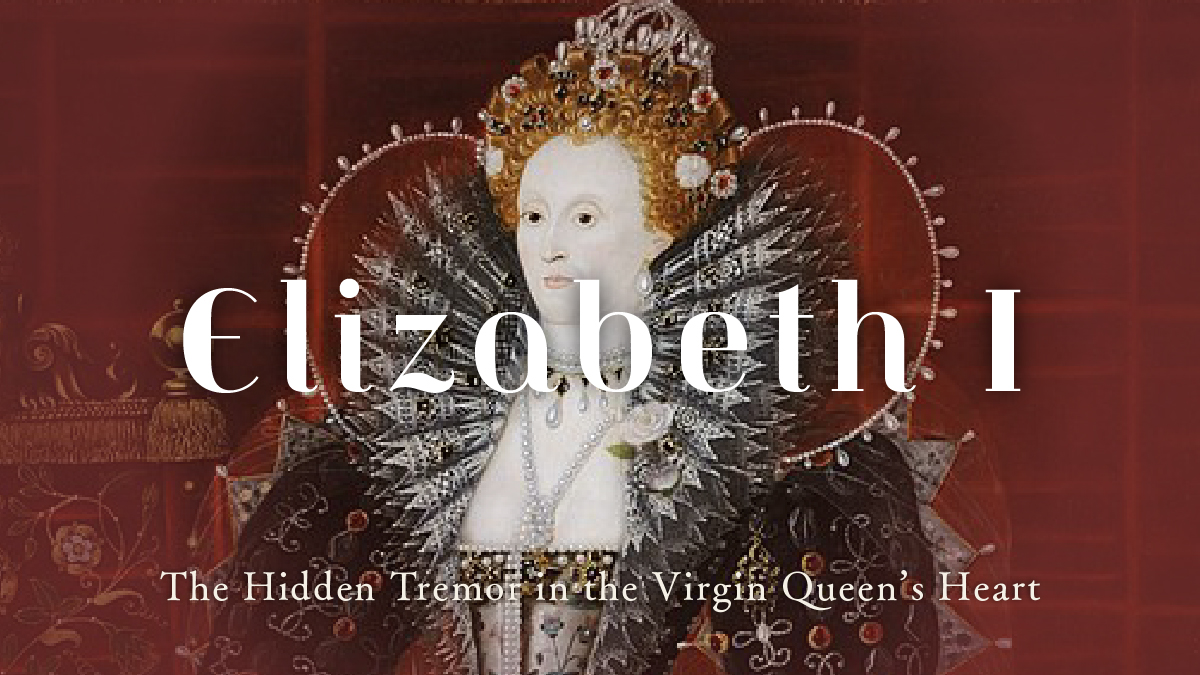
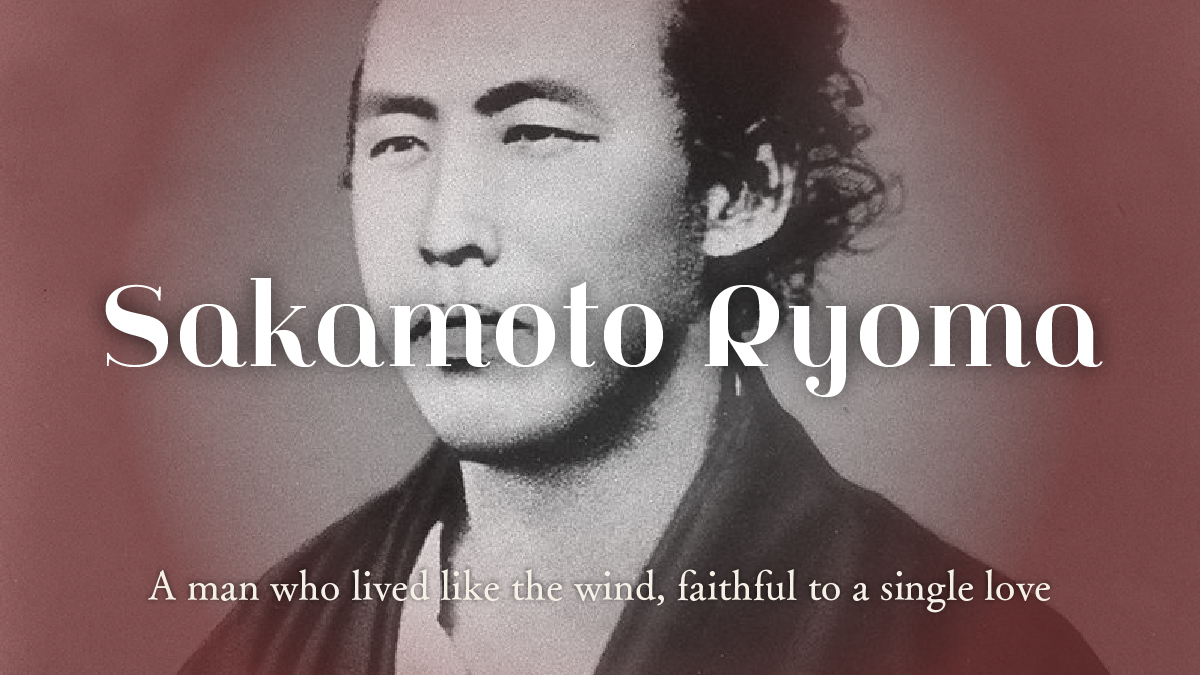
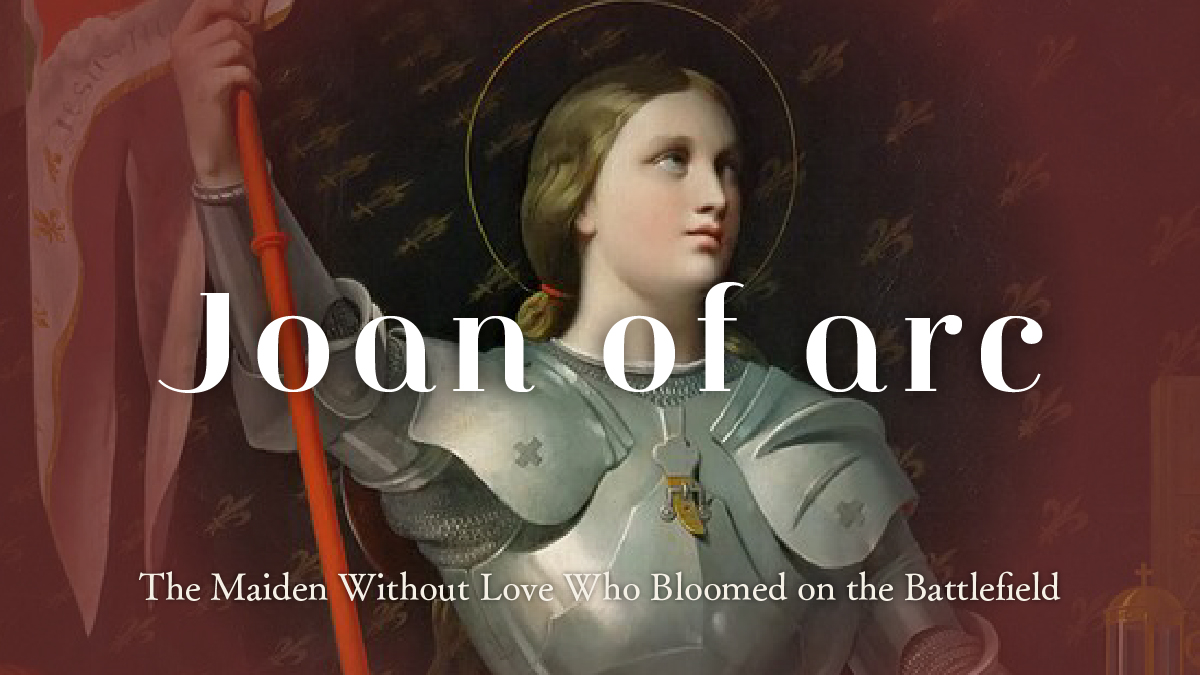
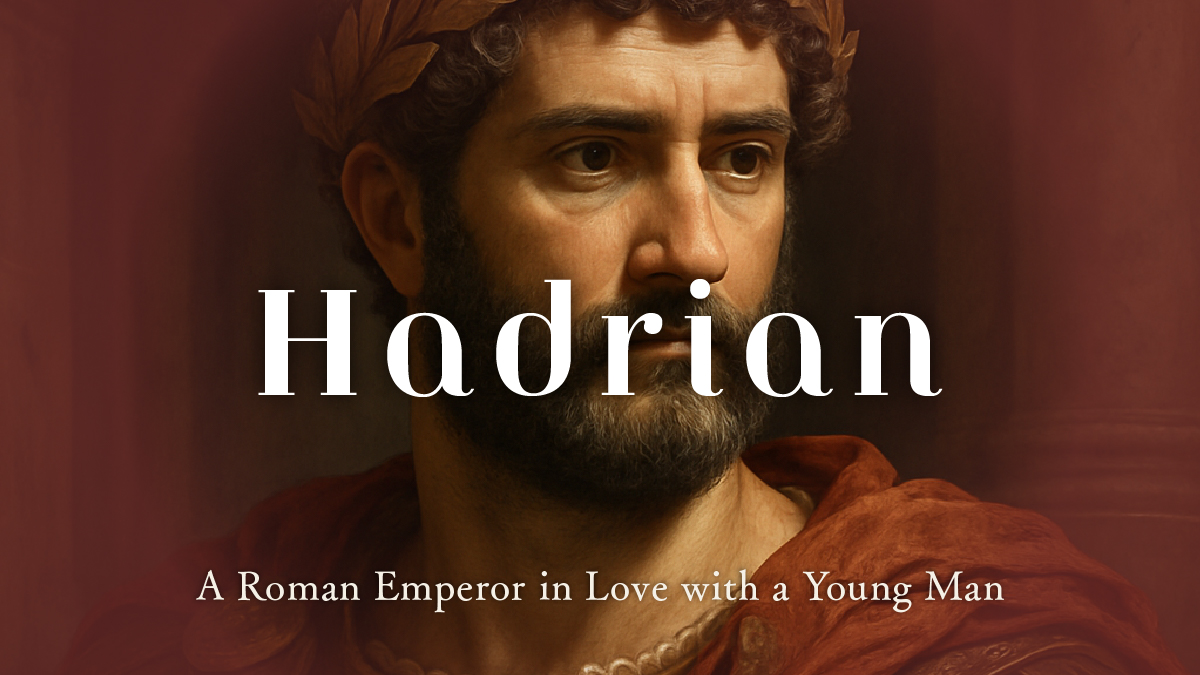

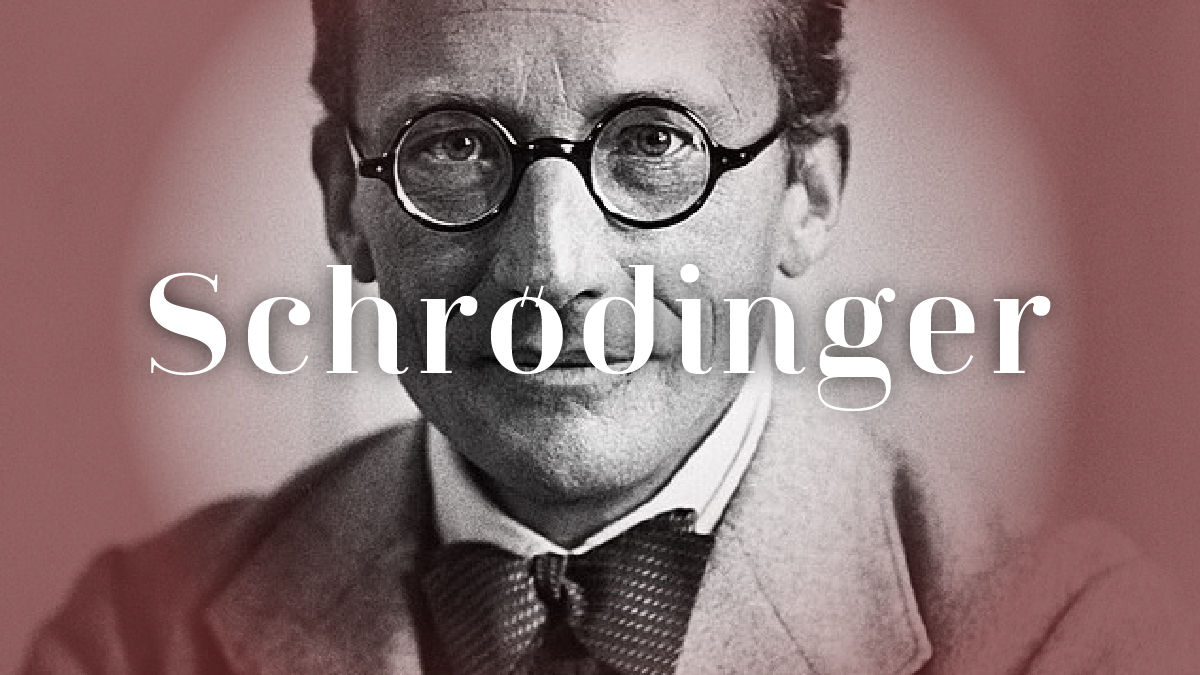

 日本語
日本語